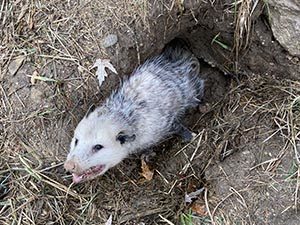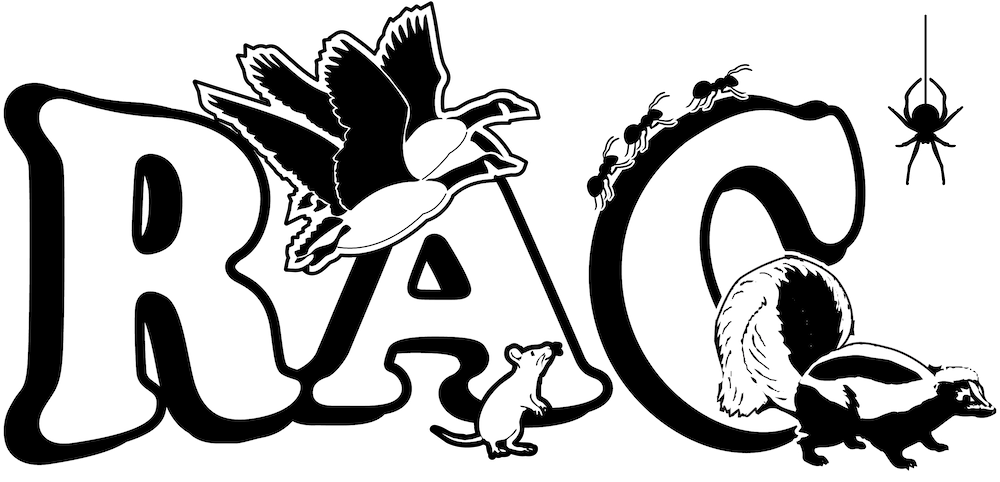The Truth about Feeding Birds & Other Wildlife on Your Property
From backyard birdfeeders to stray cats and curious squirrels, people often can’t resist the urge to feed the wildlife they encounter in backyards, parks and even workplaces. Unfortunately, many fail to realize that when they set out the buffet for their favorites, they’re is-suing an open invitation to others, whose… Read More


